- Folio No. 9
- About
- Feral Parrot : The Blog
- INTERVIEWS
- SUBMISSIONS
-
ISSUE ARCHIVE
- PRINT Chapbook No.6 Healing Arts
- Online Issue No.9
- Online Issue No.1 Fall 2016
- Online Issue No.2 Spring 2017
- ONLINE Issue No.3 Fall 2017
- PRINT Vol 72 No 2 Fall 2017
- PRINT Vol 73 No.1 Fall 2018
- ONLINE Issue No. 4 Fall 2018
- Online Issue No.5 Summer 2018
- FOLIO No.1 Fall 2018 VOTE
- ONLINE Issue No.6 Fall 2018 Fall Spirituality
- FOLIO 2 Fall 2019 Celebrating Dia De Los Muertos
- FOLIO No.3 -- Moon Moon Spring 2019
- FOLIO No.4 Celebrating New PCC Writers
- FOLIO No.5 City of Redemption
- FOLIO No.6 Spring 2020
- FOLIO No. 7 - Winter 2021 Into the Forest
- 2022 Handley Awards
- Inscape Alumni Board
- PRINT Chapbook No. 7 Healing Arts
- Blog
- Untitled
Written by Hoang LuuNarrow roads, yellow blurs and dreamy heat. Chickens fight and toads leap—all of such a noisy abode where people breathe on each other’s breaths. Poet Zubair Ahmed illustrates a copy of our world in his collection City of Rivers. Dhaka, of Bangladesh, is one of the densest nationalist capitals in the world. As I read Ahmed's compilation of poems, I cannot help but bear witness to a foreign country that is so strikingly similar to my homeland where the same monsoon rain becomes the earth that shares our twin living grounds. Both of our homelands are brightest when warmed. The sun rises early to dazzle heat upon the crowded walkways, while little shadows are provided by the enclosing rooftops that seem to shake heads with each other like canopies. Chickens flock frightfully and angrily and grotesquely on the battleground as people pitch each against the other. Their wings flap and pound while their beaks bite and grapple at the other’s throat. Laughter and shrills gather round, Dogs bark insanely. The laughs are taunting barks. The smell of lime and herbs, as well as spices and curry, fill the dazzling air. The steamed rice, the fried rice, and the cracked eggs rumble against the town’s yanking sirens and yelling overthrows. Vietnam and Bangladesh are both politically unstable. Law enforcers are weak-willed, corrupted, or go mindfully astray. Drugs and assaults roam along with the yelling of the populace, while taxi drivers secretly leer at which ways the fare can jump highest. Townsmen gamble; women gamble; the children sleep when the sun is bright yellow. Ahmed’s, “A Road to the Sky”, beautifully depicts the two countries’ similarities: although the rich and dense populace yell and sing to their neighbors’ ear-walls, there is yet a silent need of deliverance or companionship of love, of kindness, of security. It is interesting that Ahmed uses dark and contrasting diction that evokes an atmosphere of silence, sadness, and madness. All-in-one of the already honest, crowded but energetic dwellers of our two homelands. The images are alluring to the insane frightfulness of reality, such that reality is so sad and deep, as well as remorseful, helpless, hopeless, and dead. It is as though not only the chickens are under water but the people of the land that have been stained by corruption, deception, and poverty are under water too -- so often like a passing bullet. Despite the rich, noisy texture of Vietnam and Bangladesh, Ahmed instills a deep silence with his images of loss and of hopelessness, as if the blood vessels are narrow—narrowly hopeless, hurt, and suffocating in the heart. The most fascinating aspect of “A Road to the Sky” is the title. I wonder why Ahmed names the piece in such a way, despite the content of luxurious darkness and hopelessness? There is so much “gray” in the poem: “[a]ll the good men are buried.” While vultures eat the flesh of these men, it is as though the speaker is saying that everything is lost, sad, and beyond cure. It is to say that even new sprouts, new life, and new youth cannot even bring civilization to the place: Children sell knives at the corner, A raven pretends to be a crow There is nothing helpful that can be done. I am fascinated by the writer’s jesting of sky despite the allures of darkness, gray, and hopelessness,What does it mean when the walking journey ahead will bring you to the sky? Is the sky a haven of paradise? Heavenly? Or, is it a path to escape? To run away from all this—there is a longing for a dwelling -- a longing for wonder, for a dream, and maybe for a hope that ends in safe beauty -- in safe yelling-around. I am another river from another distant shore. We meet in that crossing place. Hoang Luu is a learner and writer of poetry. Hoang writes poems and stories as a hobby. His dream is to contribute to the world one day through poetry, stories, and books that celebrate morality, hope, and humanity. He is a senior at Pasadena City College and is pursuing the fine arts of Creative Writing.
2 Comments
Written By Cassie Wilson I’m trembling and shaking. I try to walk but the fuzzy lights in front of me dash and collide, chasing each other around the corridor. I keep treading. My steps heavy, soiling into the grey carpet spread across the hallway. Short breath and heavy treading. One foot, then the next. Eyes roll. Drop. Within the circumference of a fleeting moment, I’ve lost all control. My vision regains and I’m left with this moment. Everyone panics. I try to explain it’s nothing. I am nothing. It’s okay, I insist. Please, stop talking about it. I promise I’m fine. Breaking point. My body cannot compete with my head. 548 days ago I lost myself to the wrappers underneath my bed, to the hunger pains surging inside my stomach, to the shaking, the trembling, the relapsing. 548 days ago the relationship I had with my body was deprecating. I starved, deprived and loathed myself. I was hollow, less than. Faint, malnourished and yellow. Never allowing myself to take up the space I deserved. In honor of this year's National Eating Disorder Awareness Week and inspired by last week's YouTube video, INSTAGRAM X NEDA #ComeAsYouAre, I feel moved to share another party of my story. The video shares 5 stories of real life warriors. These stories move to prove a point: ANYBODY, no matter the weight, size, skin color, gender, religion, ethnicity, or nationality can struggle. A survivor isn’t always a small-framed, delicate ballerina. So, let’s talk about it. Let’s begin to break this norm and stop beautifying this disorder. It isn’t pretty. It isn’t sweet. This is another part of my story. I am a Thick, Lesbian, Irish and Ecuadorian Woman, coming as I am. No remorse. No apologies. Nobody talks about the relapse. About the second time coming and how much harder it is to overcome. I knew what I was doing. I was aware. It was a choice - I am going to relapse. I did not have a distinct moment of clarity. Realization. I did not have an inspirational awakening this time - knowing I had gone too far. In fact, I had multiple breaking points. Each different. Each one in some twisted way reassuring me to keep going. But this isn’t a story about how I robbed myself, this is a story about how I learned to love myself - again. About how I begin to blossom - widening like wild ivory scaling a red bricked wall. Vibrant, alive and whole. Looking back I can’t pinpoint a certain decision I made to get better, but I can remember changing. Growing. Maturing. I think it started when I moved back home - the relationship with my family serving as the backbone to my recovery. Watching movies, attending dinners, and finally becoming the little sister I once was. Then, the relationship with my friends strengthening, reassuring and lifting me. Saying “yes” instead of “no” to spending nights driving up Angeles Crest, laughing, smiling and blasting music, not afraid to wake the residents of homes we didn’t know. Creating lasting memories that I still hold onto today as apart of "my happy place". I finally began to go back to therapy - reminding myself that it's okay to take up the space I deserve. Dedicating 60 minutes a week to talking about me and not apologizing for it. I allowed love into my life, making its course through my veins like cinnamon sweet cream. I began to write again - salvaging my soul through ink stained paper. I allowed myself to love and be loved. Looking in the mirror today I can recognize myself again. The freckled stars that dash and divide my face. The forest that encompasses my body - my legs like tree trunks, strong, sturdy, holding me afloat through winters, summers, springs and falls. My arms like a widening rose in bloom, allowing me to reach, hold, touch. My stomach like a cactus flower - absorbing nutrients, keeping me whole. I refuse to waste my life withering on a battleground of my body. War is gruesome, tiresome, the casualties vast. Though the victory - powerful, wholesome, filling. I will not pretend that I have fully conquered the warfare of my recovery. But I am trying - every day, every moment, and every second. Learning to take up the space that I deserve - laughing, loving, and stumbling in this body - my body. The more we talk about our journey through mental health, the stronger we become. The safer we feel and the bigger our warrior community reaches. Recovery isn’t always a rainbow walk in the park, there is no path due North. But once you reach your sunflower field of blossoming buds, your steps become lighter. Your feet sink into mossy green grass, your arms extend into the warmth of your journey. It's takes time, patience, resilience. Most importantly - it takes you dedicating time to yourself. So, Let’s keep this discussion going. The bigger our community is, the easier it is to find hope. Let’s keep reaching, urging and helping others to come as they are. No Remorses. No apologies. Cassie Wilson is a student at Pasadena City College majoring in English. She says, "I will never stop sharing the story of my recovery. I want to show the realness of my struggle, while exemplifying the outcomes of recovery and why it is worth it to keep fighting. I want to inspire hope, inspiration and strength to those in need of the help".
|
IMPORTANT NOTE:
PCC Inscape Magazine, housed at Pasadena City College, is following Coronavirus protocols. At this time our staff continues to read submissions and publish web content. Note:
Blog Posts reflect the opinions of the writer and not the opinions of Pasadena City College or Inscape Magazine Editorial Staff Members. Archives
December 2023
Categories
All
|

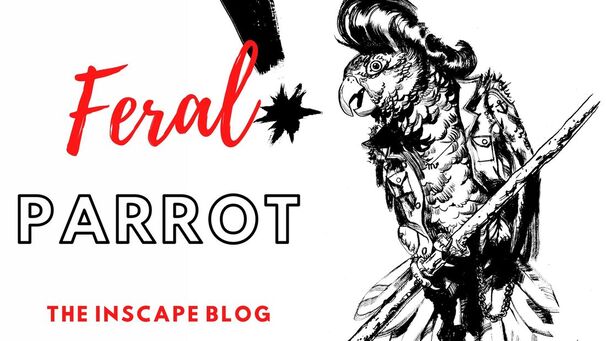
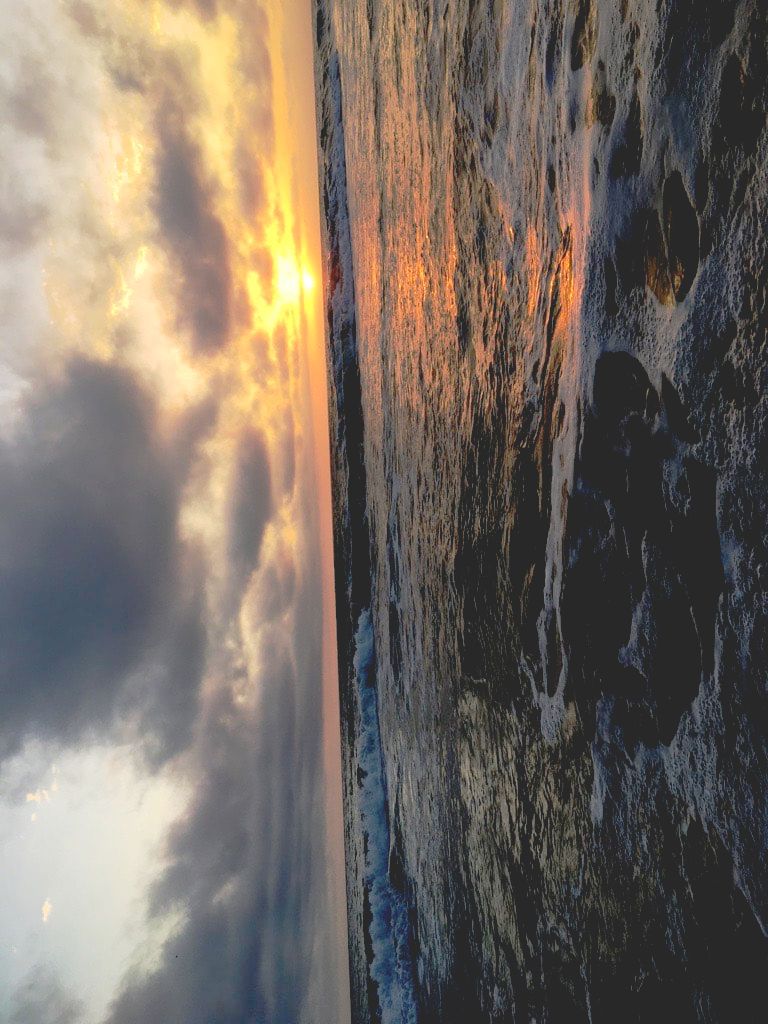
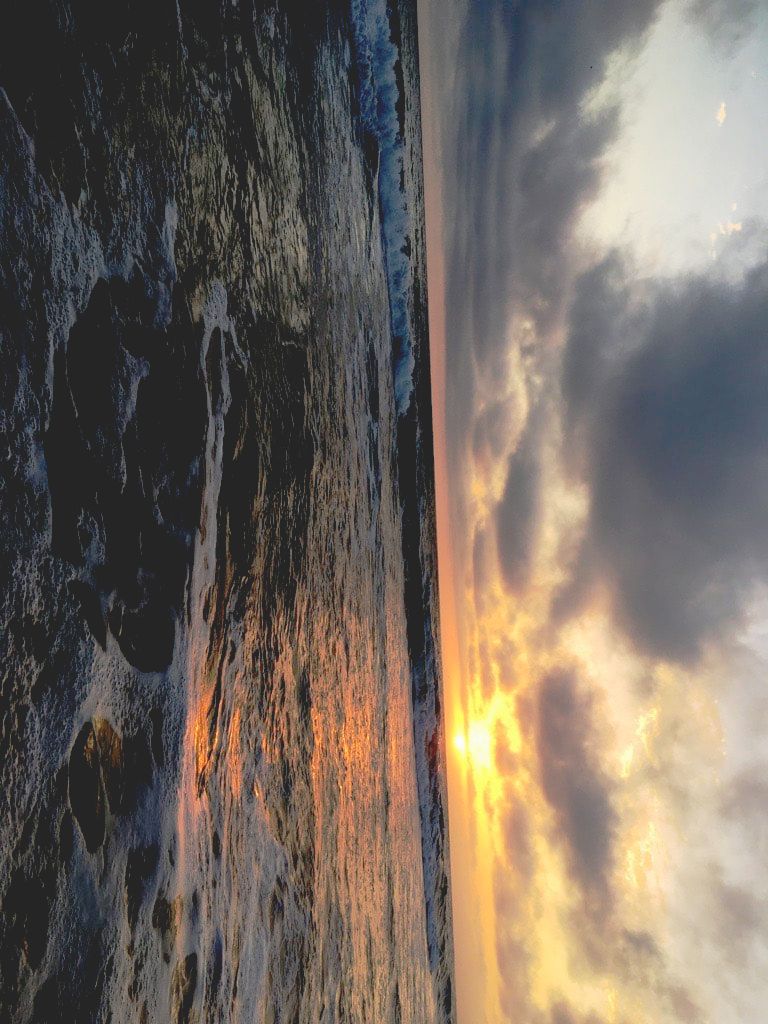
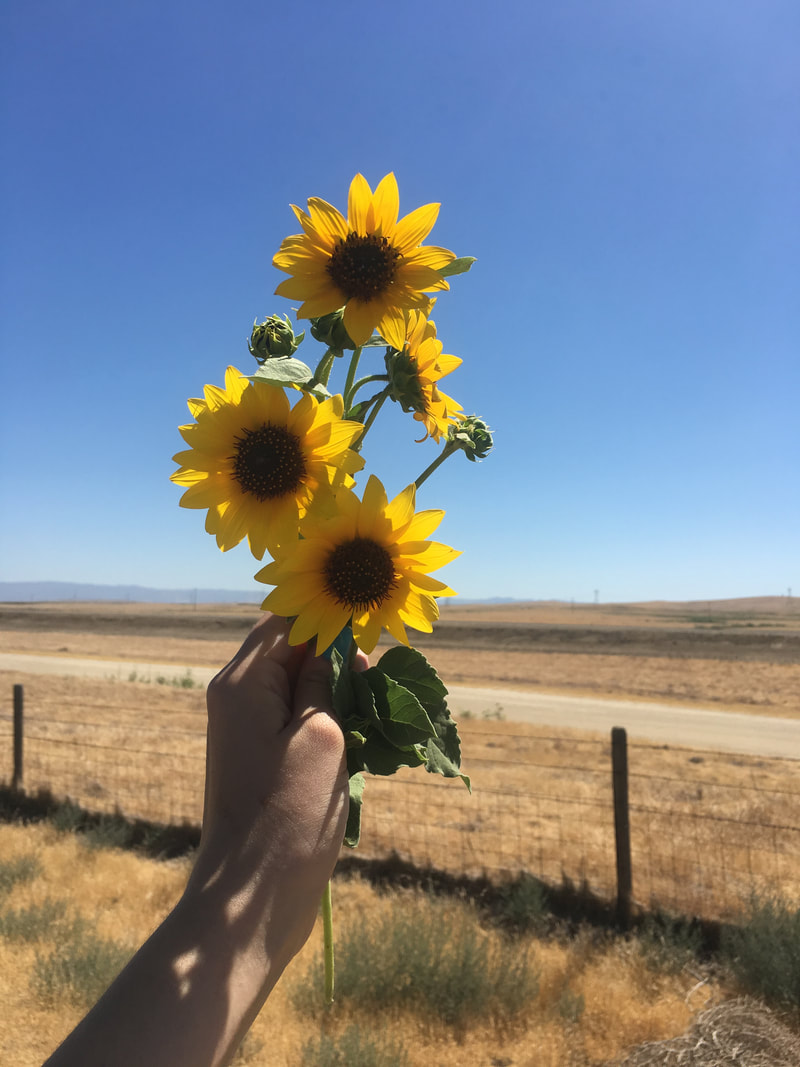
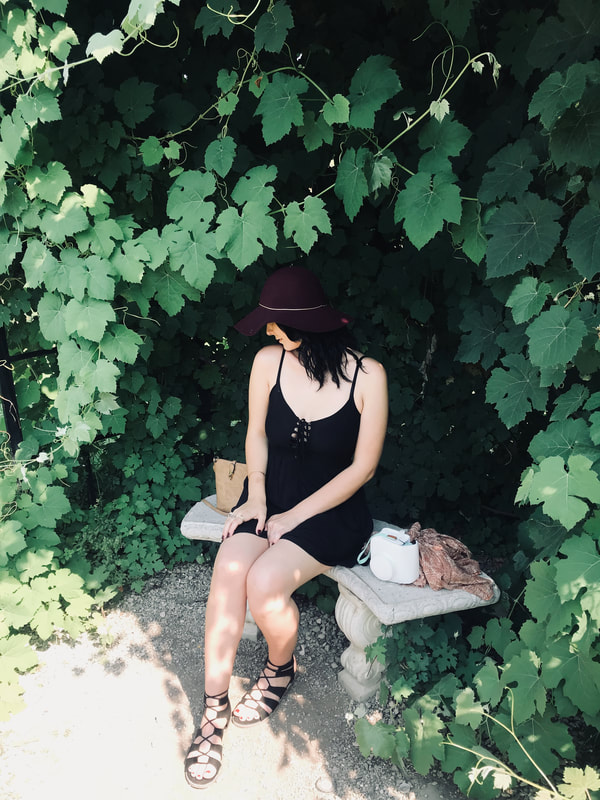
 RSS Feed
RSS Feed